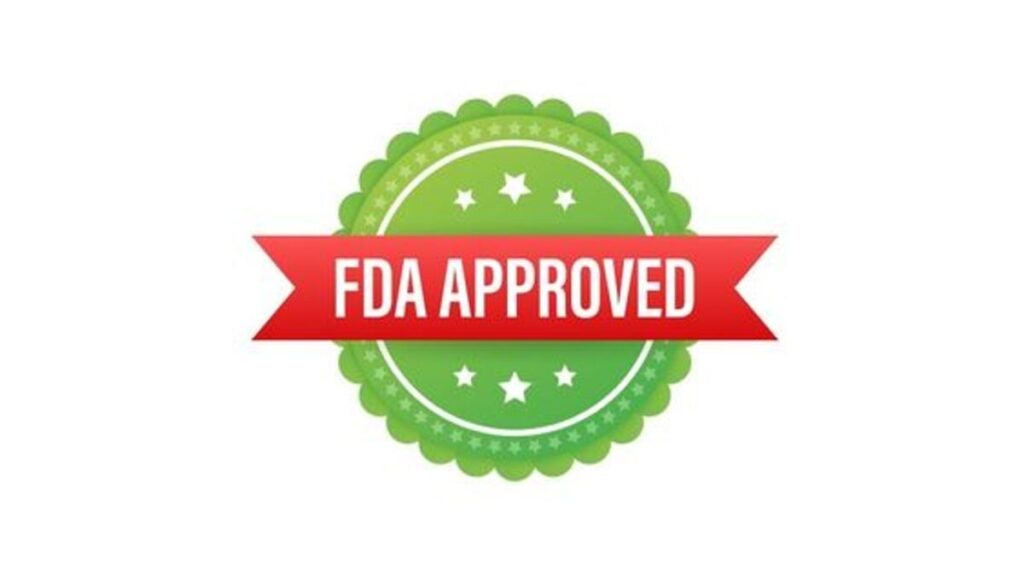
The FDA recently approved a new procedure that might help a lot of people with uncontrollable hypertension. This procedure might be a “game-changing” opportunity for people who do not have another alternative to control their blood pressure.
For people with treatment-resistant hypertension, traditional drugs and techniques do not work for them. Therefore, their hypertension remains ‘unchecked’ regardless of the drugs, food, or lifestyle changes they make.
This new procedure would help people who fall into this category. The minimally invasive one-hour procedure targets nerves near the kidneys to help control high blood pressure when medications fail to do so. Furthermore, the FDA has tested this method with many doctors already.
Doctors at the Mount Sinai Cardiovascular Clinical Institute at Mount Sinai Fuster Heart Hospital in New York City developed this method several years ago. Led by Dr. Samin Sharma, an interventional cardiologist and director of the institute, developed this technique over the years.
ALSO READ: “Steer Clear of These Pet Meds,” FDA Warns Against unapproved Items
They also ran several tests and experiments to perfect the patient treatment procedure. In December 2023, the FDA finally approved two devices for this treatment. They are Medtronic’s Symplicity Spyral Renal Denervation system and Recor Medical’s Paradise Ultrasound Renal Denervation system.
According to the FDA’s approval statement, the devices are to “reduce blood pressure as an adjunctive treatment in patients with hypertension in whom lifestyle modifications and antihypertensive medications do not adequately control blood pressure.”
Earlier in December, Adit Dhawan, a longtime hypertensive patient, had his doctors perform the procedure on him. Dhawan was diagnosed with hypertension at the early age of 19, making him a suitable candidate for the procedure.
He had taken several medications and treatments, which didn’t help much. He also exercised regularly and followed a healthy diet, but those didn’t help either. His blood pressure remained at an average of 150/90-100 mmHg.
POLL—Should the Government Increase Taxes on the Wealthy To Reduce Economic Inequality?
This is quite high compared to the normal blood pressure of 120/80 mmHg. Now a married father at 44 years old, Dhawan is at risk for a lot of health complications.
Thankfully, this procedure is a chance at a relatively healthier life for him. When Dr Sharma told Dhawan about it, he said yes to the trial and “was very happy.” Not long after, Dhawan noticed that his blood pressure dropped considerably.
For the first time in his life, his blood pressure now averages 135/85 mmHg. In an interview with Fox News Digital, Dhawan spoke about his recovery and journey. According to him, it was not a very painful or long procedure.
ALSO READ: Researchers Make Breakthrough Discovery of Cure for Sickle Cell Disease and Get FDA Approval
In fact, he only took Tylenol for some mild soreness that lasted for about three days after the procedure. Three weeks after the procedure, he is already seeing a major improvement in his condition. He is also taking fewer blood pressure medications compared to his previous dosage.
“I’m really glad because high blood pressure is a silent killer. I’m very happy. Everything is fine. All my vitals are great,” he said. Dhawan is also back to running and exercising regularly.
This procedure is highly beneficial and “game-changing” as it’ll help many people like Dhawan have better lives in the future.
You Might Also Like:
Harvard Big Guns Question Board Members on Antisemitism and Controversial President
Students File Lawsuits in Fight Against Antisemitism at US Colleges
Ted Cruz Warns Against TSA Change That May Allow ‘Terrorists’ on Planes
Residents Fume as Town Proposes Ban on Pride, Black, and Women’s History Celebrations
Military Vets Call Out Michigan Democrat Over “Stolen Valor,” Demand Apology
